As a director at Madison House Autism Foundation, my search for insights, solutions, and direction in better serving adults with I/DD has been both a personal and professional mission. In my quest for answers, I joined 1,200 professionals in Washington, DC for the 2015 National HCBS Conference. According to the HCBS website, “[states are] faced with new challenges, reduced budgets, and growing populations requiring more services, [and] states are stronger than ever, and the work they do is more effective in reaching individuals and addressing their needs.” If this is true, where are strategic long term plans from the states to meet the growing needs of those with autism and other I/DD?
Government administrations and historic advocacy organizations have made significant strides for the rights of individuals with disabilities. With the 25th anniversary of the Americans with Disabilities Act, there has been a swell of media stories highlighting the importance of access for those with disabilities. While this coverage is inspirational, the omission of stories that address unmet needs and individuals in crisis is distressing. There is little mainstream discussion of the urgent needs of individuals on Home and Community Based Services (HCBS) waiver waiting lists, and a void of statistics and stories profiling those who do not have access or services. These needs, if unmet, may lead to thousands facing institutionalization, incarceration, and/or homelessness within the next decade.
Having worked in the field of autism for more than 10 years, I wish I had more stories of successful transitions from one’s family home to the life of one’s choice. Each week, my inboxes are filled with stories of crises from individuals on the autism spectrum or with intellectual/developmental disabilities (I/DD). Many disability advocates celebrate the victories of access, but, in my world, access to an “empty bed,” being arrested outside a city bus stop for a meltdown caused by lack of supports, or ending up as a 30-year-old woman in a nursing home because there were “no other beds” is not a victory.
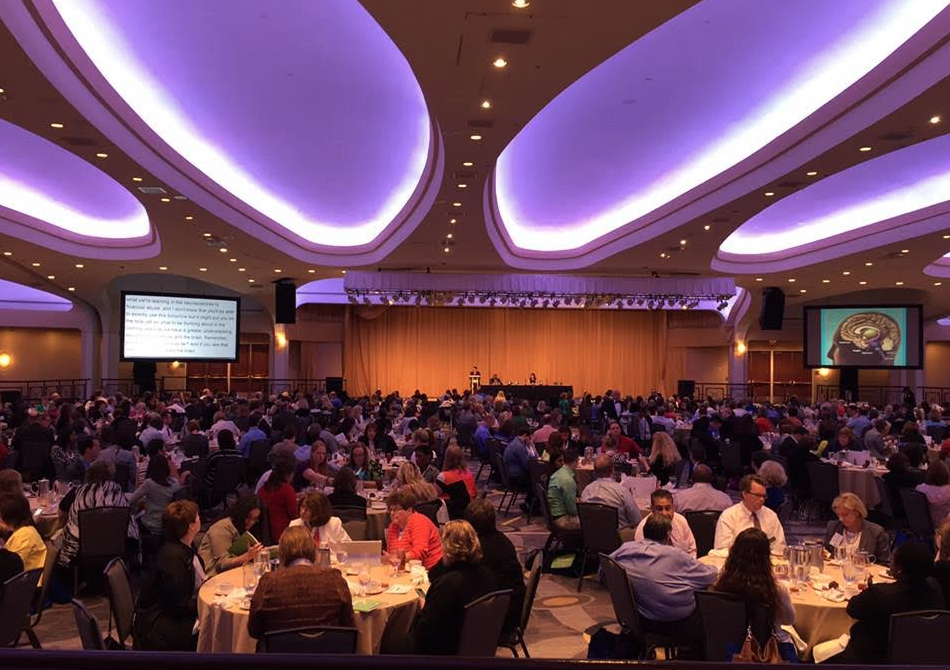
The government often deals with crisis by way of regulations and legislation. For example, in January 2014, the Center for Medicaid & Medicare Services (CMS) released new HCBS regulations that mandated “person-centered supports” and urged the importance of “self-directed lives,” inclusion, integration, and access. These are essential components in generating a positive shift for the disability service provider industry, but the terms and implementation remain unclear. We are now faced with a daunting reality – by March 2019, states are required to become fully compliant with these new regulations and develop State Transition Plans with public input and no additional funding.
The disconnect between the conference discussions and the concerns of attendees who rely on support services is palpable. I receive emails all of the time: a self-advocate distressed about the confusing processes for accessing services; another is facing homelessness because her rent is more than half of her income, or an aging parent petrified about what will happen to his adult child when he dies. What am I supposed to tell these desperate individuals? “Don’t worry, there are new regulations?”
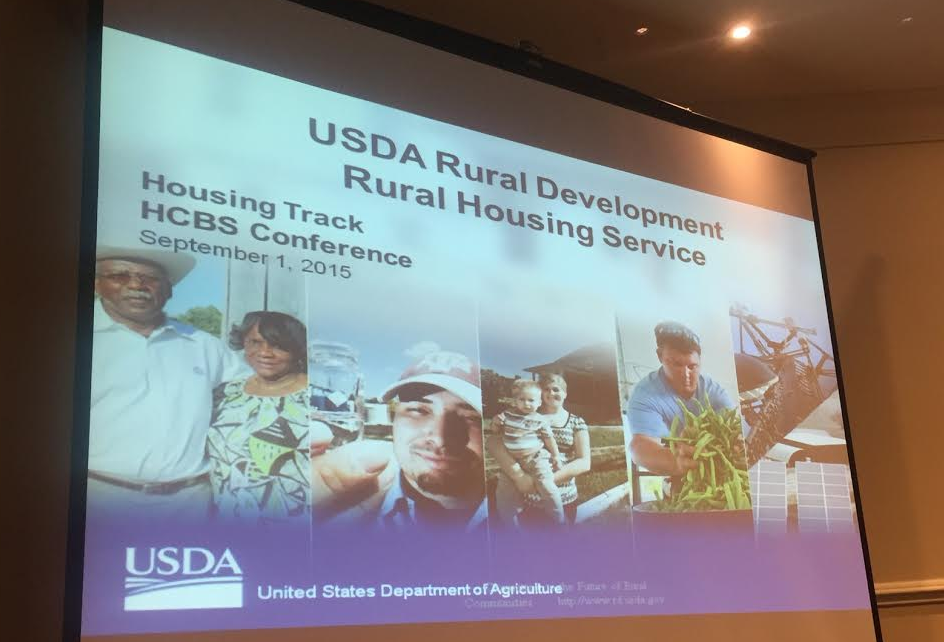
Over four decades ago, the horrors of dehumanizing treatment and warehousing of people were exposed in ‘Christmas in Purgatory’ and the ‘The Last Disgrace 1972,’ and in the year 2015, I continue to witness harmful attitudes and stories of abuse from friends with I/DD. Trapped in situations with no freedom to choose other supports or settings, individuals are essentially told, “There’s an empty bed, so you’d better take it or leave it, otherwise get back on the waiting list.”
School teachers, parents, and individuals with I/DD abruptly become aware of the crisis upon graduation from high school when faced with the lack of in-access to housing or work opportunities. In response, they are creating local solutions. Small groups of people are organizing and partnering with universities, service providers, and their local communities to create intentional communities, neurodiverse neighborhoods, and social enterprises. The collective goal is to create small, inclusive communities within larger communities to create non-publically funded opportunities: access to assistive and smart home technology, naturally supported activities and amenities, safe and stable housing, and spaces to foster neurodiverse relationships. All of these components work to provide individuals with I/DD the things in life we all strive for – meaningful friendships, independence, and fulfilling experiences.
While these innovative communities are great options for many people, there has been strong resistance from publicly-funded entities paired with accusations that these settings are going to institutionalize, segregate, and isolate individuals with I/DD. This stigma was recently highlighted in The Atlantic article, Who Decides Where Autistic Adults Live? The irony is that the lack of home or work options is actually forcing people to accept supports in more restrictive settings and is exactly the situation that many are trying to change. We need to increase options in order to decrease barriers to greater community access, housing, and employment opportunities.
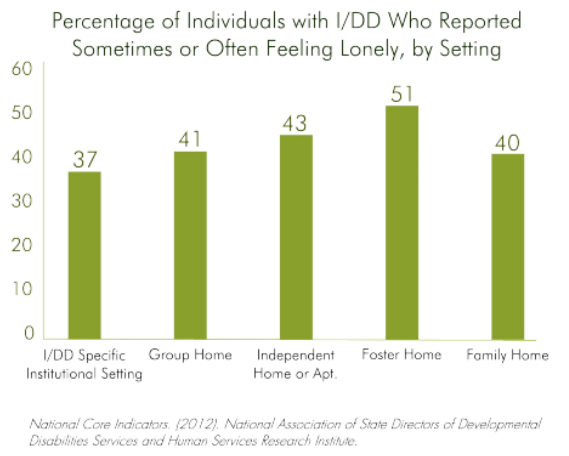
It is important not to stigmatize and label intentional communities, campuses, and farmsteads as “institutional” without evaluating these communities individually. Communities such as Down Home Ranch (TX), NorthStreet Neighborhood (NC), Sweetwater Spectrum (CA), Arc Village in Jacksonville (FL), and many others across the country are not institutional nor isolating. They are home and community to many who have chosen to live alongside their peers, and they should not be ashamed of their choice.
The 2015 National HCBS Conference offered a positive glimpse of the present situation in some states but also raised concerns about the future. Progress happens when self-advocates, parents, the local community, and government entities work together. My hope for the future is that we, as a nation, support flexible policy, increase local and national discussions about the support service crisis, foster innovation, and create meaningful housing and employment choices for adults with I/DD.
If you want to be part of a movement that increases options and decreases barriers to housing and employment choices, please join the Coalition for Community Choice.
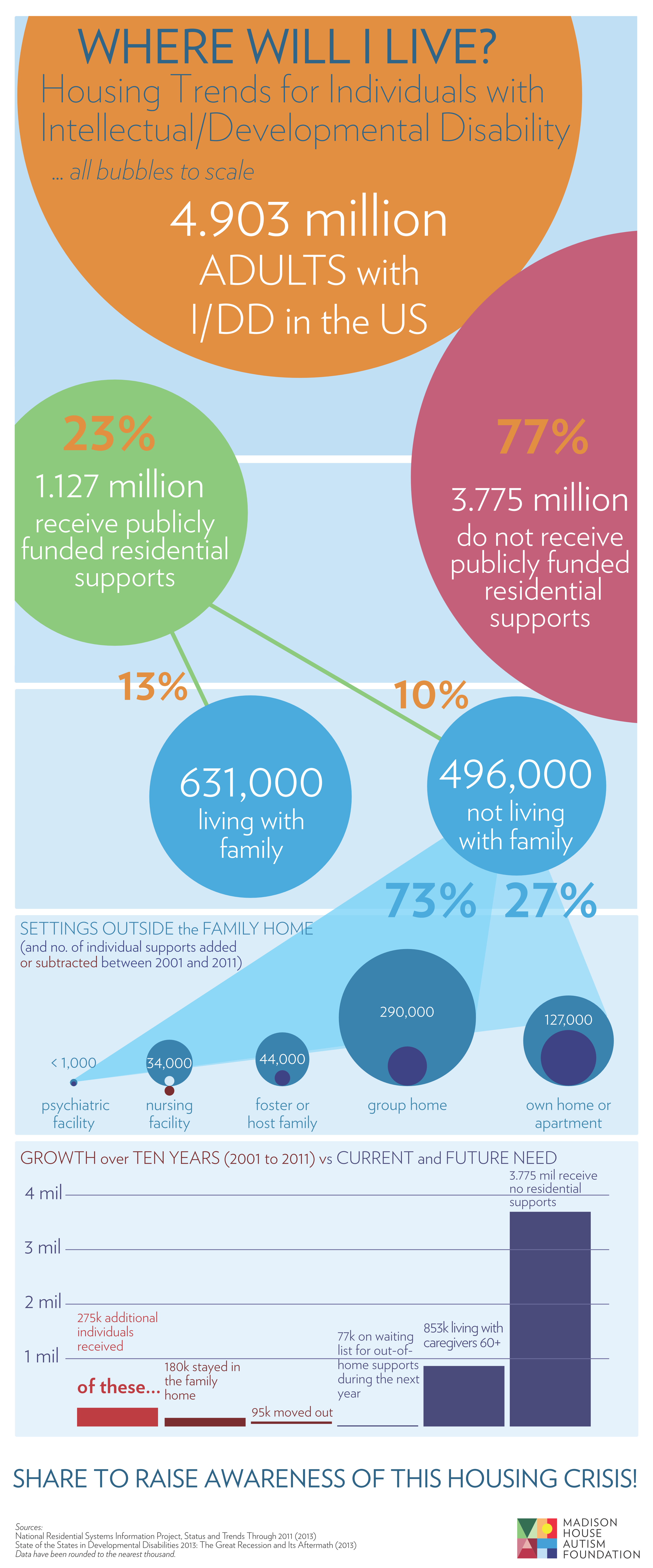
ABOUT the AUTHOR
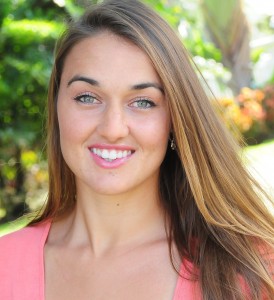
Desiree Kameka, Director of Community Education & Advocacy at Madison House Autism Foundation
Desiree’s work focuses on researching housing issues, advocating for autistic adults and their issues, and presenting her work at local and national gatherings. She visits many residential communities and social enterprises across the USA and highlights their unique victories and learning curves while sharing stories of residents with autism and other developmental disabilities. Desiree is also the project lead for Madison House’s interactive Autism Housing Network, which is currently in BETA testing. Her passion is empowering autistic adults and parents to create a future that is exciting and life-affirming by offering small group consultations for forming projects.
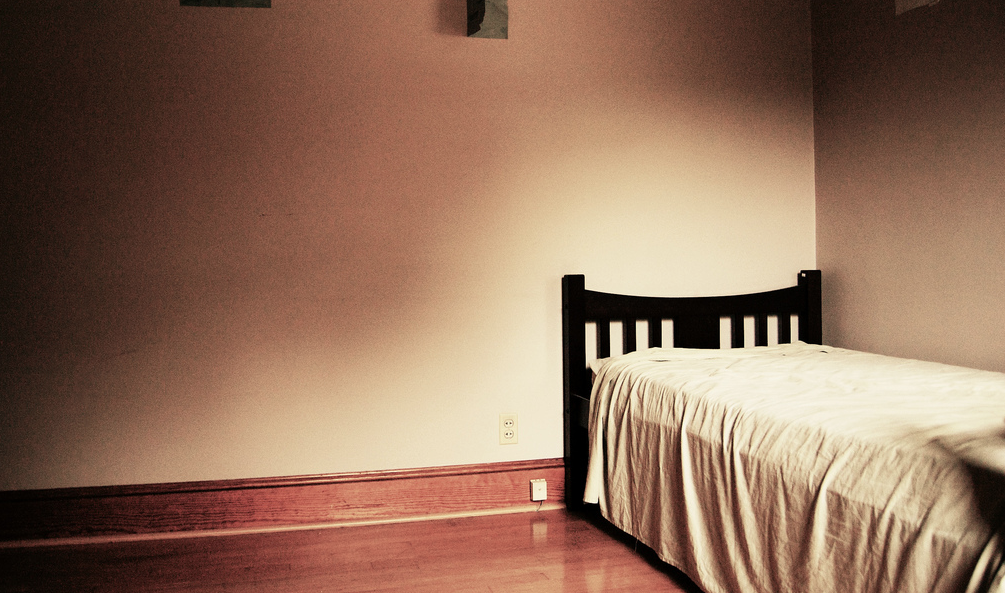
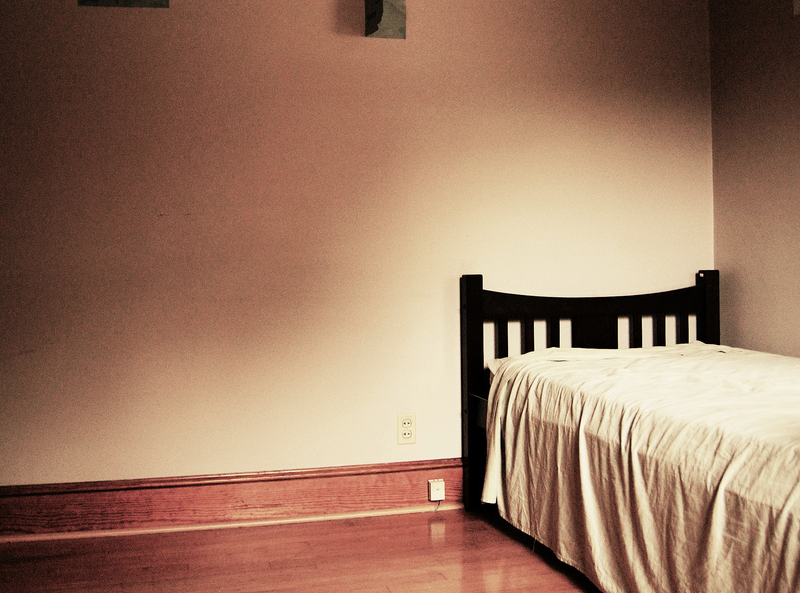
 2016 Presidential Candidates: Let’s Talk About the Future of Adults with Autism
2016 Presidential Candidates: Let’s Talk About the Future of Adults with Autism



Hi,
Just came back from Inspired Communities workshop at Camphill Villages-Kimberton Hills.
Working on setting up a multigenerational intentional community serving elders. Exploring how to integrate adults with disabilities into the mix.
Who can I talk to in Michigan?
Thanks!
Karl
810-241-5240